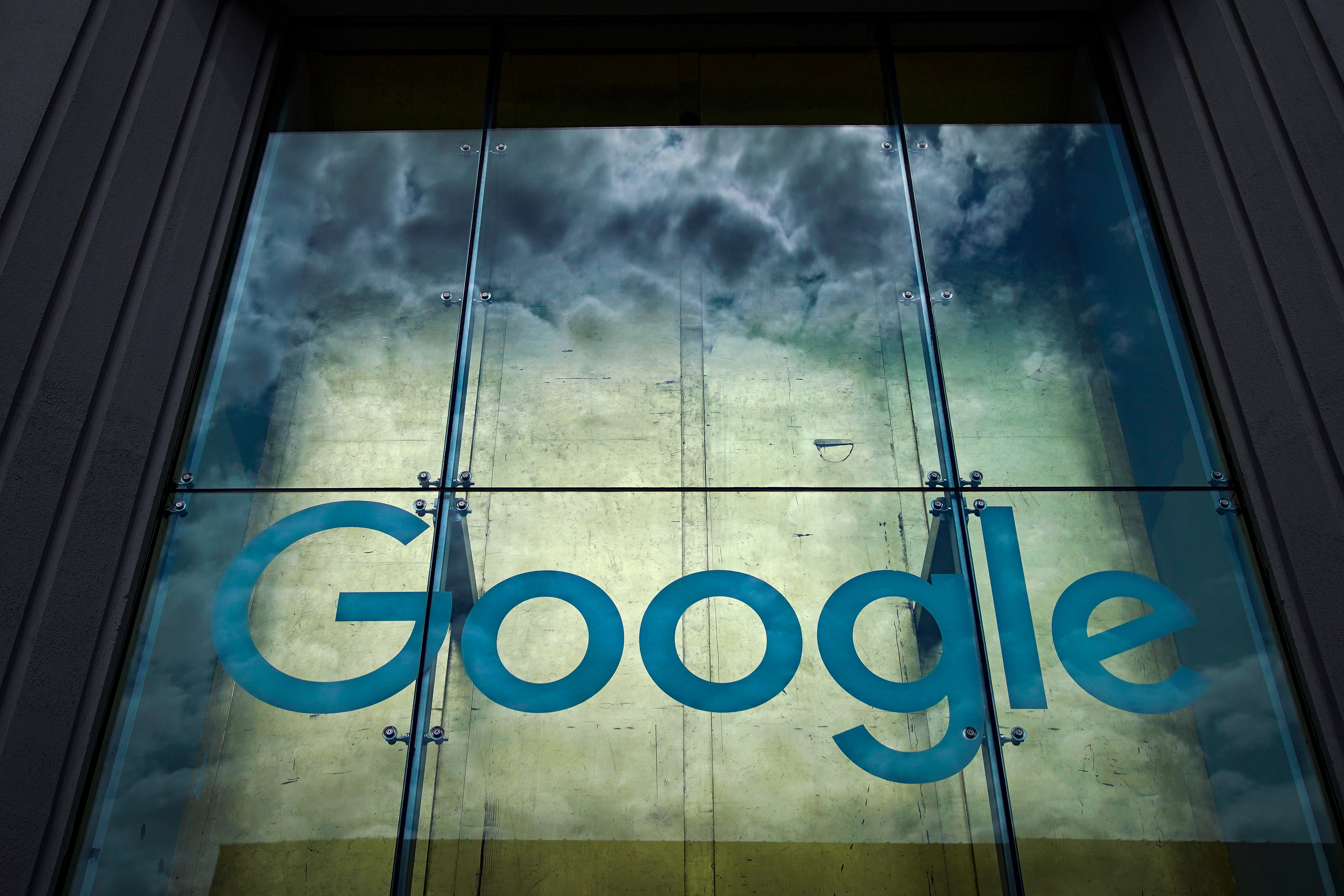Google at 25: How the search engine reshaped the world – and is about to do it all over again
The search giant has played a defining role in the development of the internet, writes Andrew Griffin. As it heads into its second quarter century it faces a fight to show we should trust it with our artificial intelligence-inspired futures


Google was founded 25 years ago, with a mission that is both simple and impossible: "To organise the world’s information and make it universally accessible and useful". In the years since, its attempt to do that has changed the world fundamentally – and it might be about to do so again.
The search giant has changed in profound ways since it announced that mission. It has gone from a tiny garage to a vast "Googleplex" in Mountain View, California, and it has dropped other seemingly central tenets like its famous "don't be evil" motto. But it has never forgotten its commitment to organise the world’s information, even as both the information and the organisation has changed and grown.
Google began in 1995, at Stanford University, when student Sergey Brin was showing around Larry Page, who was considering graduate study there. At the time, the internet was a mess: there was already plenty of pages on it, but little way of finding information from across them. From their dorm rooms, Page and Brin built a system that organised websites depending on links: the system was called PageRank, and the search engine was called Backrub.
Google was not the first search engine, of course, and many other companies had made a go of it trying to organise the web. Before search engines, and even as search engines took off, users had to look to web directories like Yahoo, which listed official websites in a directory rather than allowing people to search through them.
Then came the first search engines, such as AltaVista, which was founded the year before Google. It became hugely popular, very quickly, based in large part on the sheer scale of the websites it had indexed into its search engine. But it was less good at using that index to provide useful answers to people's queries.
The breakthrough with Backrub was that Google ranked pages not by how many times they used a given word, for example. Instead, they looked at links, on the assumption that a page that had been linked to more than others was probably more important and authoritative.
The search engine was better than its name, and shortly after it changed to Google. That in itself was a reflection of their central mission – it is a misspelling of the word googol, which is the number 1 followed by 100 zeros, intended to reflect the vast amount of data already on the internet.
Under its new name, the company grew fast. By 2002, Google had turned into a verb – used for the first time on TV, in Buffy The Vampire Slayer, and entering the dictionary later that year. It swiftly took up a central place in public consciousness.
Google grew into a computing giant, making phones and home devices as well as launching products such as maps and buying others like YouTube. It grew a huge advertising business – in financial terms, Google is an ads marketplace with a search engine attached – that consolidated marketing spend across the internet.
The web changed to reflect that new reality. Gradually, websites became less important as destinations and more important for the information they fed to search engines. The creators of those websites also needed to find ways to appear to Google, if they wanted to remain popular, which led to whole professions intent on optimising that visibility.
Quickly, Google became not just a way into the internet but the very internet itself. Its search engine is the most popular website on the internet, by some distance. (Second is YouTube, which it bought in 2006.)
And yet even as it has become the door to the rest of the internet, it has largely avoided controversy about the way it organises its information. Facebook and Twitter may have faced sustained criticism over what they highlight, and Google occasionally has – but it has skirted past most of it.
In part that is a result of its precise attention on the same thing that made it popular in the first place: its algorithm. It changes how search works thousands of times each year, making tweaks large and small to stop abuse and improve results. Those changes are verified by feedback from human reviewers. Even as the changes remain largely mysterious, they have mostly avoided scandal.
In recent years, Google has changed its focus to a new kind of algorithm: artificial intelligence. The company has re-oriented to become AI-first, with the hope it will lead to new ways to organise information for the world. Initially, it was relatively quiet about that work: in part because there was something of a truce among companies that they should not release new AI products until they really knew they were safe, and in part because the technology seemed nerdy, uninteresting and overly complex. The release of ChatGPT by OpenAI late last year changed all that.
Now Google is scrambling to show that it is actually ahead on work on artificial intelligence: it has announced its own chatbot, Bard, as well as integrating AI into search. It will seek to answer complex questions with detailed answers, using AI to summarise information and perspectives.
That will prove controversial. For one, Google is doing so using information it has taken from around the web. It has always done this, of course, and it is not the first time it has brought complaints: Google's "featured snippets" mean that it will show excerpts from web pages without people having to click on them, and authorities in Europe and Canada have argued that Google needs to pay a "link tax" to support the publishers its information comes from. But AI takes that to a new level, and there is the danger that publishers become little more than producers of AI training information that is then shown to users on Google.
The producers of that information are fighting back. In the US, lawsuits have been launched to argue that taking information to feed into an AI system is a breach of copyright, and the result of those legal proceedings could decide the future of both Google and much of the rest of the internet. There is a clear contrast with the links that powered the early Google: the search engine and websites worked together, with websites providing information and Google providing organisation in a way that benefitted both. As Google stands on the precipice of yet another search revolution, that project of mutual benefit is in danger of breaking down.
This month, Google is celebrating its first 25 years. It may be a significant month and celebration in more than one way: Google stands not only at the end of a quarter of a century, but a future in which it might upend how the internet works all over again.
Join our commenting forum
Join thought-provoking conversations, follow other Independent readers and see their replies
Comments
Bookmark popover
Removed from bookmarks